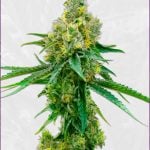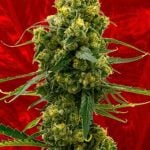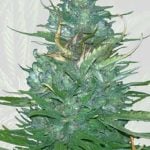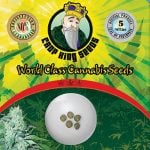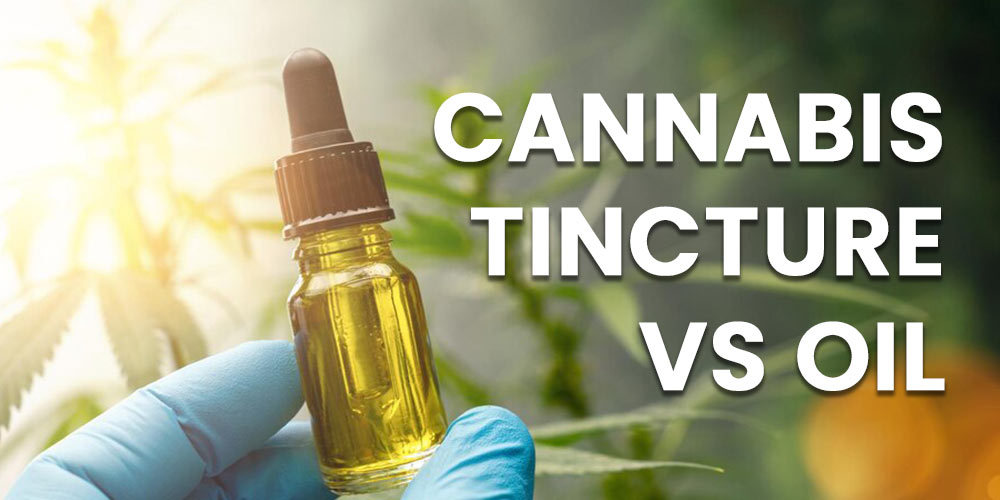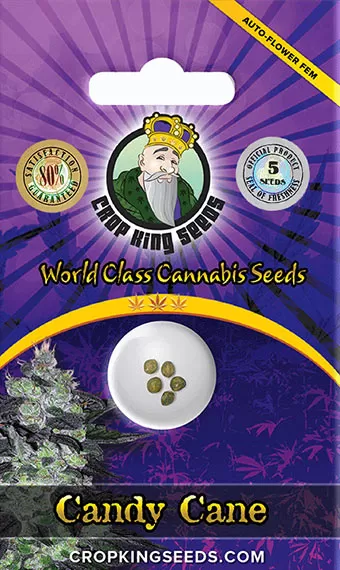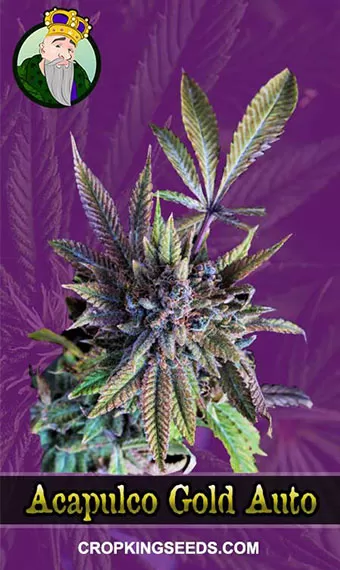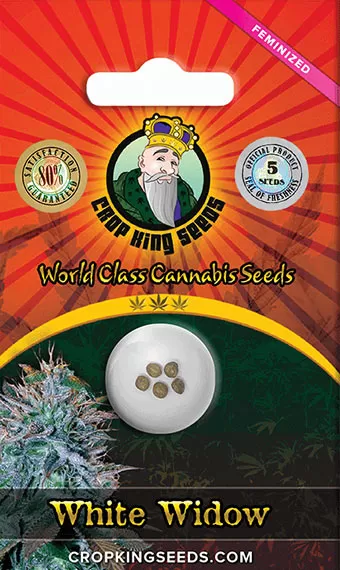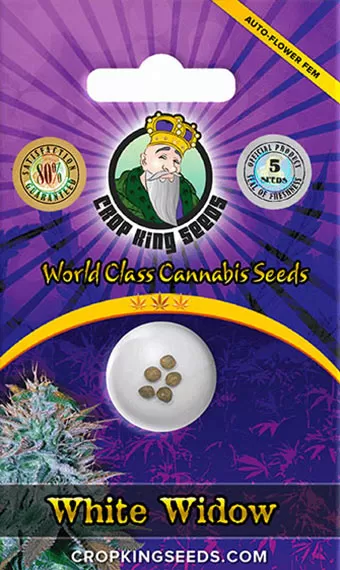If you happen to research cannabis tinctures, it is not impossible that you may also come across the terms ‘THD or CBD tinctures.’ Cannabis tinctures are weed products that come in their unique liquid forms. These products usually undergo extraction of the cannabis plant’s THC or CBD content—and sometimes a blend of both—through the use of high alcohol solvent. But for this article, we are going to focus on CBD-concentrated tinctures and how they differ from CBD oils.
Cannabis Tincture: What You Need to Know
Cannabis tinctures are simply a type of cannabis product that has been strained and submerged in high-potency alcohol. The resulting mixture is usually put in a glass container with a dropper as its primary applicator. Unlike most of cannabis products, tinctures are consumed uniquely through the sublingual gland (behind the tongue). However, like most cannabis products, these tinctures are also used as means to treat various conditions or for CBD/THC intoxication.
On the other hand, cannabidiol also referred to as CBD is a famous compound that can be found mostly in CBD-dominant flowers including Cannabis Sativa Plants. The utilization of CBD for medical and therapeutic purposes has increased since studies revealed that CBD molecules can have positive effects on the human body’s Endocannabinoid System (ECS). The ECS works by naturally producing endocannabinoids for the body and is active and occurring even if a person refrains from the use of CBD from cannabis. Although researchers cannot fully explain how CBD is able to interact with the human ECS, some believe that CBD—which happens to share a chemically identical structure with the ECS—somehow prevents the endocannabinoid from degradation or from breaking down into smaller molecules.
CBD Tincture: What are the Benefits
As mentioned in the previous parts of this article, the CBD tincture is a form of cannabis product in liquid that contains extracted CBD compound through the use of high proof alcohol solvent. This particular method of processing aids in preserving and protecting cannabinoid compounds from oxidation. Depending on the product’s main goal, some manufacturers include vitamins, botanical extracts, or supplements like melatonin in their CBD tincture. But generally, it is the presence of the active CBD compounds in the CBD tinctures that makes the tinctures themselves unique from other medicines and more beneficial to their users.
The similarities of the CBD structure to the endocannabinoid of the human body enable the CBD to regulate and treat various illnesses and disorders of the ECS. The ECS, in general, is responsible for a wide array of human body processes and activities including mood, sleep, appetite, and memory among others. Limited research shows that CBD may also be able to offer some therapeutic benefits that can ease pains, depression, anxieties, acne, and even some type of seizures. Besides convenience, one of the reasons why most people prefer CBD tincture is because of its long shelf life, and its ability to deliver faster effects compared to smoking and ingesting.
CBD Oil: What You Need to Know
Most often, CBD oil is created by combining CBD extract with an inert carrier oil. Unlike, CBD tinctures, extracting of compounds such as terpenes, and flavonoids in addition to CBD are also a thing of making CBD oil. After all, compounds are mixed with the carrier oil, and additional artificial or natural flavors can be added for an additional taste experience. Just like any CBD-concentrated product, CBD oils don’t produce any high or psychoactive effects and are mainly used for their therapeutic properties.
CBD Oil: What are the Benefits
According to a report from the World Health Organization (WHO), naturally occurring CBD is safe and well accepted in the human body, and no proof using pure CBD has any negative effects on public health: hence, Cannabidiol, in its pure state does not appear to cause any possible harm or abuse potential.
WHO also identified CBD as a drug for treating epilepsy that doesn’t seem to respond effectively to other anti-seizure medicines. Although further studies on humans are required to fully understand how CBD affects the human system, there is preliminary data that suggests CBD may be helpful in treating a number of different illnesses, including the ones mentioned previously as well as the following:
Psychosis
Chronic pains
Inflammations (neuropathy & arthritis)
Post-traumatic stress disorder (PTSD)
Insomnia
Alzheimer’s disease
Type 1 diabetes
Parkinson’s disease
Other cancer-related symptoms
CBD tincture vs. Oil: What’s the Difference
Despite being considered synonyms of each other and being used interchangeably in the CBD market, it is crucial to know that CBD oil and CBD tinctures—although they might produce almost the same effects—are two unique and distinct CBD products. Almost all CBD products are classified as CBD oils, even though a majority of them are labeled as tinctures in the market. Both mixtures, however, are easy to dose and can be mixed with a variety of food and beverages. Besides that, other similarities between them are their packaging materials as well as their primary method for administration which is through the sublingual gland.
CBD oils, as opposed to CBD tinctures, can also be used topically and are priced lower compared to other forms of CBD products in the market. Furthermore, CBD tinctures also tend to have a strong hint of bitterness compared to CBD oils, hence, the preference of most users to use the latter than the former.
Cannabis vs. Oil: Final Thoughts
Aside from being able to identify their main differences, one way to get the most out of your CBD products—oil or tincture—is to dial in the right amount of dose for your body. Once you’ve perfected the dosage, you’ll not only experience the greatest advantages from these supplements, but you’ll also feel fantastic and safe from any chances of overdosing.





